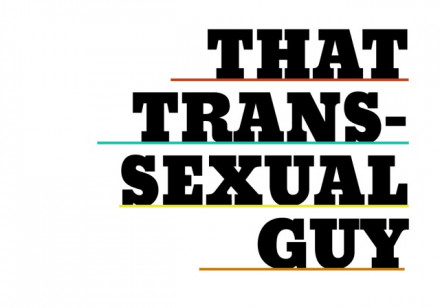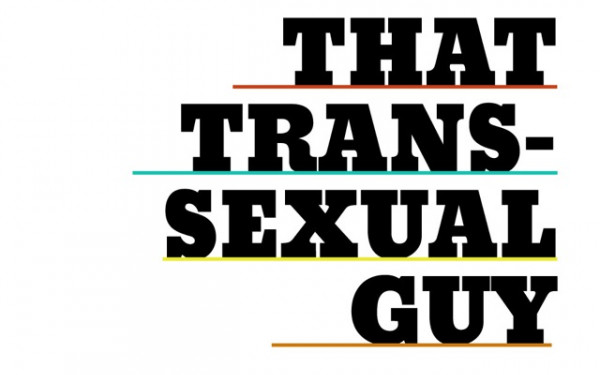Chats With Author Susan Jane Bigelow
Susan Jane Bigelow is a science fiction author, political writer, librarian and cat lady.
She and I first met each other on Twitter (she goes by @whateversusan), then again in person in June when she came to Montreal with her partner.
I brought her flowers and fresh bagels. She welcomed me with a smile as big and happy as the sun.
She has published three books to date, and recently had a wonderful short story published in the Topside Press’s The Collection. The nearly 400-page short fiction anthology is written entirely by transsexual, transgender and gender-variant authors and has exclusively trans* protagonists.
“In the six years before I transitioned, I wrote two books and a small handful of terrible short stories,” said Susan.
“In the past two years, though, I’ve written five books, two of which are either published or about to be published, and lots of stories/essays.
“For some reason transitioning was like a creative fire lit under me. I’m sure that not obsessing about gender all the time helped. I also think transition helped me find a writing voice that I really like.”
More than just a voice, the transition also had an effect on the characters she writes.
“Renna, who is the protagonist of the second Extrahumans book, Fly Into Fire, is trans*,” said Susan. “There’s also a lot of themes in those books that I think trans* people could relate to, like passing/stealth, the importance of names, feeling like an outcast, etc.”
Her Extrahumans Union trilogy features humans with ‘extra’ powers living under a repressive government. It’s a post-war science-fiction setting where humans are colonizing the stars.
Former disillusioned superheroes meet a paranoid fascist dictatorship hoping for world domination. The twist is that our superhero can’t fly anymore and becomes homeless. She meets Michael Forward, who can see the future.
Together, along with allies acquired throughout the trilogy, they set off to save the world. Hey, what’s science fiction without saving the entirety of humanity?
“Right now, I’m revising the second book in a trilogy about three sisters and a bunch of meddlesome aliens,” said Susan. “The first one comes out in the spring, and once these revisions are done, I’ll probably get to work on the third book. Someday, I’d like to try and write a few more short stories, though, and maybe something more about Mona.”
Mona, who’s the main character in her short story, “Ramona’s Demons” in Topside Press’s anthology The Collection, is a former demon-hunter whose magical ability has ‘decreased’ as she has transitioned and now works for the Central Connecticut Supernatural Services Agency.
I won’t tell you what she’s been tasked with finding—I don’t want to spoil the story!
“I have plans to write a gender/magic fantasy book, and I’ve got maybe a quarter of it done so far,” said Susan. “As for Mona, I’d love to write more of her. She’s a fun character! I’ve promised myself that I’m going to finish all of my current projects before I start something new, however.”
The conversation eventually shifted towards gender, as it often does when transsexual folk get together.
Susan assured me that it was not all that odd for her to write cisgender (non-trans) characters.
“I assure you, I’ve done extensive research into the lives of cisgender people! Do you want to see my notes? I have lots of notes,” she said.
“I could imagine putting on a gender like an outfit, and taking it off at the end of the day! That would be cool.
“I think gender will increasingly be something we experiment with and play with, and our understanding of what gender means will expand. I’m hoping we get to a point where a lot of the ridiculous notions we have about gender are put to rest.”
For all its importance in her fiction, though, Susan’s very conscious of the very real implications of trans*ness in real life.
“I think facilitating access to both treatment and support is a huge deal. In the United States, health insurance rarely covers medical treatment, and therapists and support groups are often not well-versed in trans* issues.
“Non-discrimination measures, especially those that cover employment, are also vital. One big hope I have for our community is that we find a way to focus on the positive; I think that’s something we really need.”




